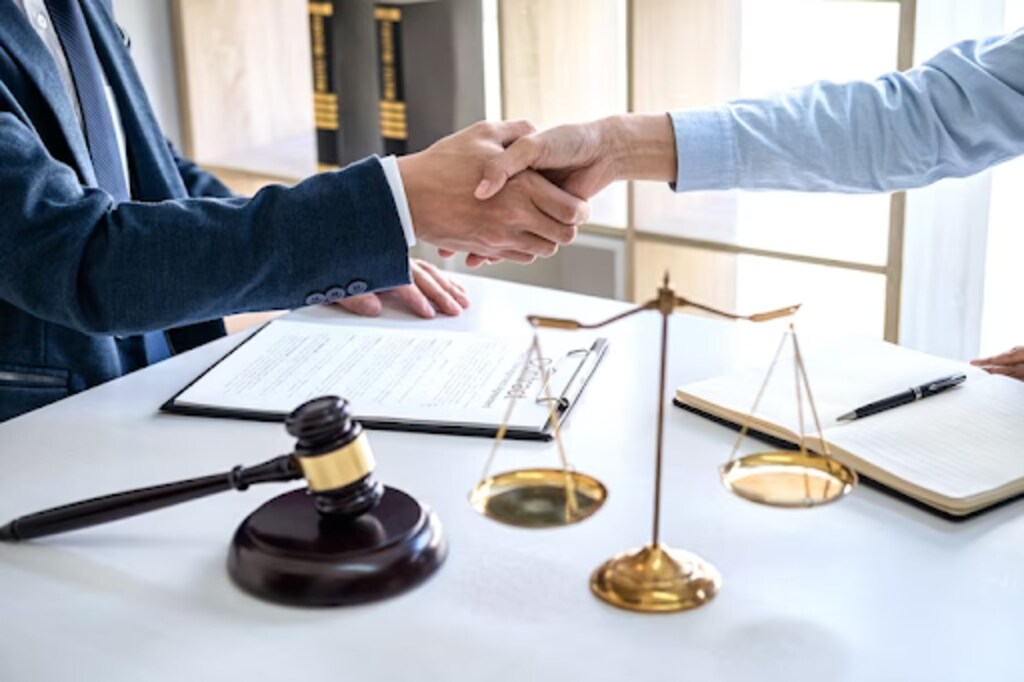Hearing loss can profoundly impact an individual’s life, affecting communication, social interactions, and overall quality of life. When hearing loss is caused by workplace conditions, negligence, or other factors, seeking compensation becomes crucial for addressing the physical, emotional, and financial consequences.
Crafting effective legal strategies for hearing loss compensation requires a thorough understanding of relevant laws, regulations, and case precedents, as well as expertise in advocating for the rights of individuals affected by hearing impairment. In this article, we explore the essential components of decibel defense and the key strategies for achieving success in hearing loss compensation claims.
Understanding Hearing Loss Compensation Claims
Hearing loss compensation claims arise when individuals suffer hearing impairment due to factors such as exposure to loud noise, workplace accidents, medical malpractice, or defective products. These claims typically fall under personal injury law, workers’ compensation law, or product liability law, depending on the circumstances surrounding the injury and the legal framework governing the claim.
Personal Injury Claims
- Personal injury claims involve seeking compensation from individuals, companies, or entities responsible for causing harm through negligence, recklessness, or intentional actions.
- In cases of hearing loss, personal injury claims may arise from incidents such as workplace accidents, medical procedures, or exposure to hazardous noise levels without adequate protection.
Workers’ Compensation Claims
- Workers’ compensation claims provide benefits to employees who suffer work-related injuries or illnesses, including occupational hearing loss. These claims typically cover medical expenses, lost wages, vocational rehabilitation, and disability benefits.
- To qualify for workers’ compensation benefits for hearing loss, individuals must demonstrate that their hearing impairment is directly related to their job duties or work environment.

Product Liability Claims
- Product liability claims may arise when defective products, such as defective hearing protection devices or faulty industrial equipment, contribute to hearing loss.
- Manufacturers, distributors, or sellers of defective products may be held liable for damages resulting from hearing impairment caused by product defects or failures.
Legal Representation
- Seeking compensation for hearing loss often requires the expertise of legal professionals specializing in personal injury, workers’ compensation, or product liability law.
- These attorneys assist claimants in navigating complex legal processes, gathering evidence, negotiating with insurance companies or opposing parties, and representing their interests in court if necessary.
Documentation and Evidence
- Successful hearing loss compensation claims rely on thorough documentation and compelling evidence to support the claimant’s case.
- This may include medical records, diagnostic tests, witness statements, employment history, safety regulations compliance records, product defect reports, and expert testimony. Collecting and organizing this evidence is essential for establishing liability and quantifying damages.
Damages Recovery
- Compensation awarded in hearing loss compensation claims may vary depending on factors such as the severity of the hearing impairment, its impact on the individual’s life and livelihood, and applicable legal provisions.
- Damages commonly sought in these claims may include medical expenses, rehabilitation costs, lost income and earning capacity, pain and suffering, emotional distress, and loss of enjoyment of life. Experienced legal counsel can help maximize the recovery of damages owed to the injured party.
Crafting Legal Strategies for Hearing Loss Compensation Success
Crafting effective legal strategies for hearing loss compensation requires a comprehensive approach that considers various factors, including liability, causation, damages, and legal precedents. Here are key strategies for achieving success in hearing loss compensation claims:
Establishing Liability
- Identify and establish liability by determining the parties responsible for causing or contributing to the hearing loss.
- This may involve conducting investigations, gathering evidence, and consulting experts. To determine the root causes of the hearing impairment and the extent of liability of each party involved.
Demonstrating Causation
- Demonstrate causation by establishing a clear link between the defendant’s actions or negligence and the resulting hearing loss.
- This may involve presenting medical evidence, or expert testimony. And witness statements to support the claim that the defendant’s actions directly caused or contributed to the plaintiff’s hearing impairment.

Quantifying Damages
- Quantify damages by assessing the economic and non-economic losses associated with hearing loss. It includes medical expenses, lost wages, loss of earning capacity, pain and suffering. And reduced quality of life.
- Work with experts, such as vocational rehabilitation specialists and economists. To calculate the full extent of damages incurred by the plaintiff.
Leveraging Legal Precedents
- Leverage legal precedents and case law to support the plaintiff’s claim. And establish the legal basis for seeking compensation for hearing loss.
- Research relevant court decisions, statutes, regulations, and industry standards. That governs hearing loss claims and uses this knowledge to strengthen the legal arguments presented in the case.
Negotiation and Settlement
- Engage in negotiation and settlement discussions with the opposing party. Or their insurance representatives to seek a fair and equitable resolution to the hearing compensation claim.
- This may involve presenting compelling evidence and making persuasive arguments. And advocating for the plaintiff’s rights and interests in reaching a favorable settlement.
Litigation and Trial Representation
- If a settlement cannot be reached through negotiation. Prepare for litigation and trial representation by presenting the case before a judge or jury in civil court.
- Present compelling evidence, expert testimony, and legal arguments to support the plaintiff’s claim. And seek a favorable verdict and appropriate compensation for hearing loss. To get more information about loss compensation you can contact Industrial Deafness Australia.

Conclusion
In conclusion, crafting effective legal strategies for hearing compensation requires a thorough understanding of relevant laws. Regulations, and legal principles, as well as expertise in advocating. For the rights of individuals affected by hearing impairment.
By establishing liability, demonstrating causation, quantifying damages, leveraging legal precedents, and effectively negotiating or litigating the case. Legal professionals can achieve success in hearing compensation claims. And secure the compensation their clients deserve for the physical, emotional, and financial impacts of loss.




